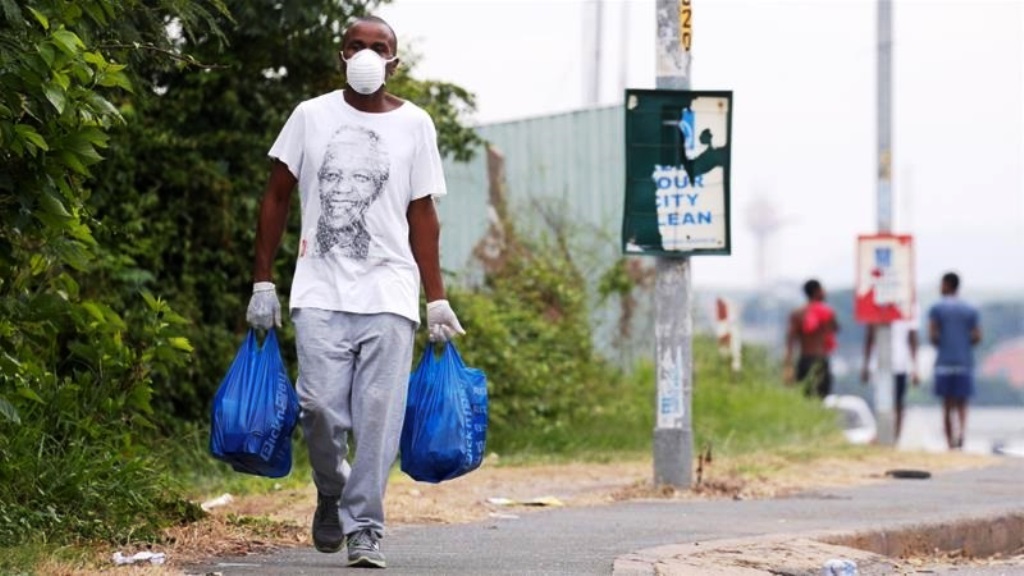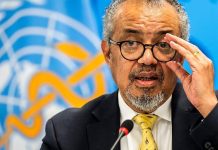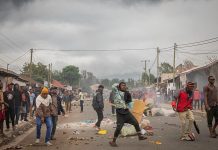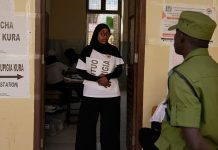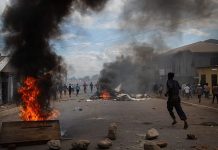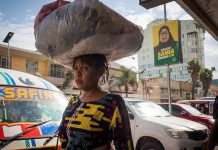AfricaPress-Tanzania: WHEN President John Magufuli said he was not ready to impose lockdown in the wake of the Covid-19 outbreak, some individuals, including opposition camp politicians, criticised him but now his decision is winning accolades following events that unfold in some nations that embraced the measure.
Tanzania’s Ambassador to Sweden, Dr Wilbroad Slaa, said given the nature of Tanzania’s economy and the life style of its people, imposing lockdown would have adverse effects.
He added that the president’s decision not to impose a lockdown was the one, as farmers will continue farming to feed the country, industries will continue production to promote agriculture as well as businesses and other sectors in nation building.
“Every country has its own plans, environment and culture.
The Tanzanian government is protecting its people … there is no lockdown in order to sustain all operations.
Farmers are continuing to grow food and industries are continuing to be productive. Government offices are also sustaining operations.
A Tanzanian who is councillor in Norway, Chiku Mkalu Ali, commented that lockdown depends on the country’s economic capacity, while advising African countries to re-examine if it is necessary to lock down.
“For us it is convenient because all people here are protected and economically protected so if you do lockdown it does not mean people will starve.”
Yesterday, Pakistan began lifting the weeks-long lockdown that was imposed in late March as part of the measures to contain the spread of the coronavirus.
Pakistan’s Prime Minister Imran Khan said he was ending the lockdown in phases because his government was unable to financially help those millions of people who were relying on their daily earnings to survive and feed their families.
Things were not easy in Kenya either as recently, the Human Rights Watch (HRW)criticised Kenya Police Force for its brutality after killing at least six people during the first 10 days of the country’s dusk-to-dawn curfew, imposed on March 27, 2020 to contain the spread of Covid-19.
The organisation said in its statement that the police, without apparent justification, shot and beat people at markets or returning home from work, even before the daily start of the curfew.
It further stated that police broke into homes and shops, extorted money from residents or looted food in locations across the country.
However following criticism from various groups over abuses in Mombasa, President Uhuru Kenyatta apologised generally about police use of force.
Zambia’s President Edgar Lungu on Friday eased confinement measures against the coronavirus and allowed certain businesses to reopen after the shutdown caused a drop in revenue.
The country went into partial lockdown in March 20 shutting borders and businesses and banning public gathering to curb the spread of the virus.
“We have experienced reduced revenue and if the status quo remains, our economy will plunge into the worst crisis,” Lungu announced in a televised address to the nation.
“I have therefore seen it inevitable to reopen cinemas, restaurants and gymnasiums,” Lungu said, adding the hotels and lodges could also consider “getting back to normal operations”.
However, bars remain closed and strict health guidelines continue to be observed, including the use of face masks in public places.
He announced that students who were meant to be sitting for exams would go back to class on June 1, asking school authorities to ensure that social distancing was maintained and all pupils wore face masks.
Last week the Algerian government decided to re-open more businesses, in a move to ease the adverse effect of the nationwide lockdown imposed to stem the spread of Covid-19.
The executive order issued by Prime Minister Abdelaziz Djerad issued aims to “reduce the economic and social impact of this health crisis.”


